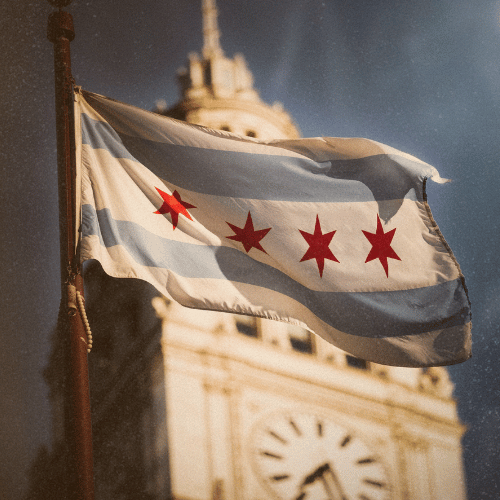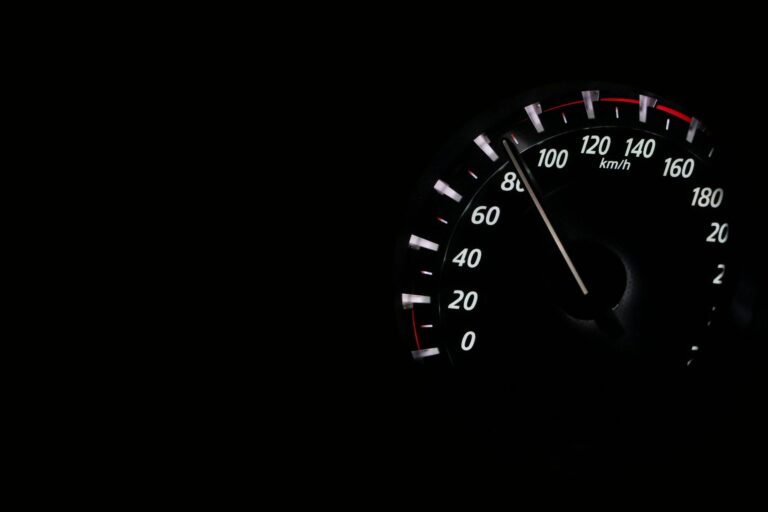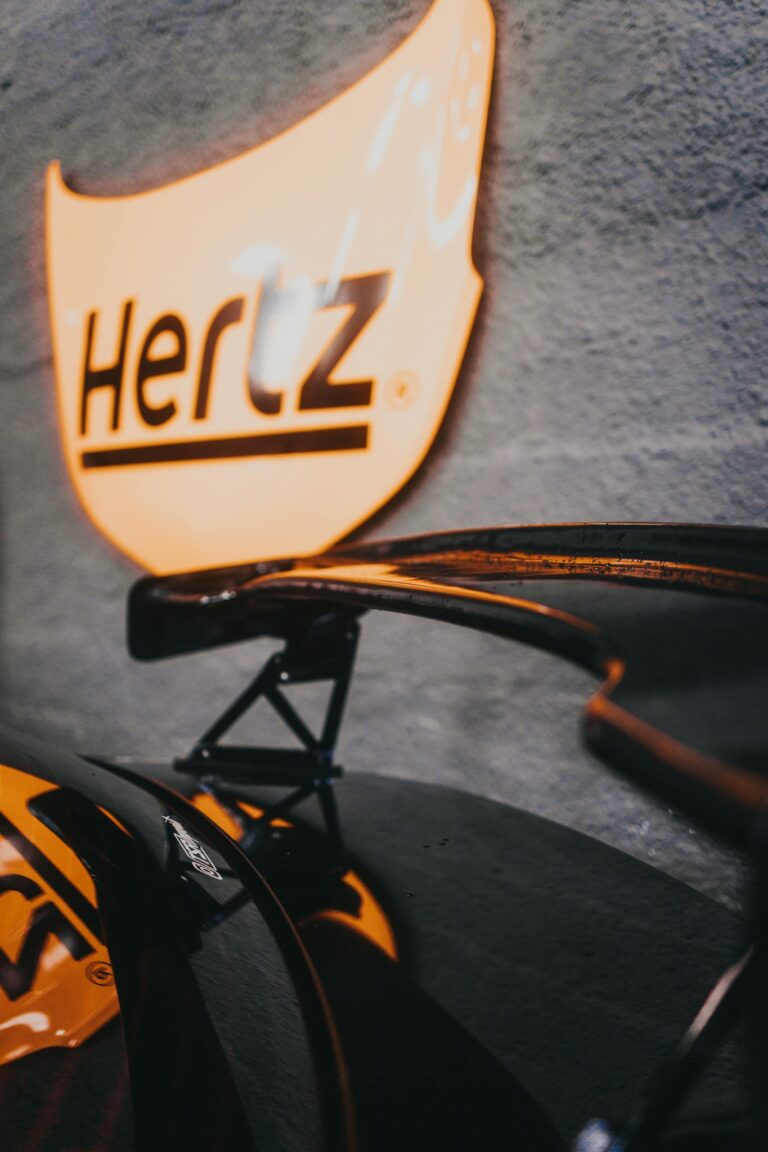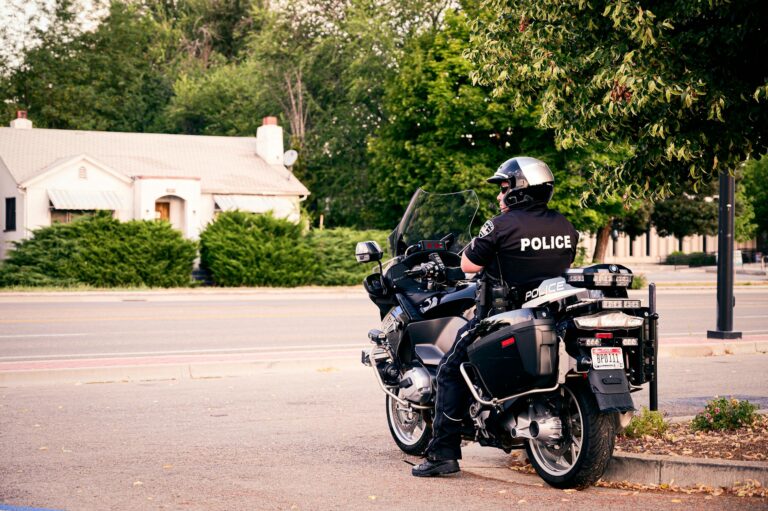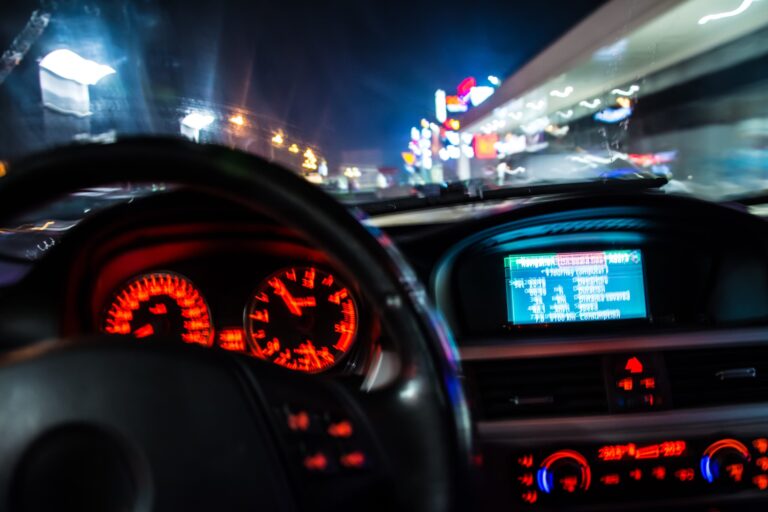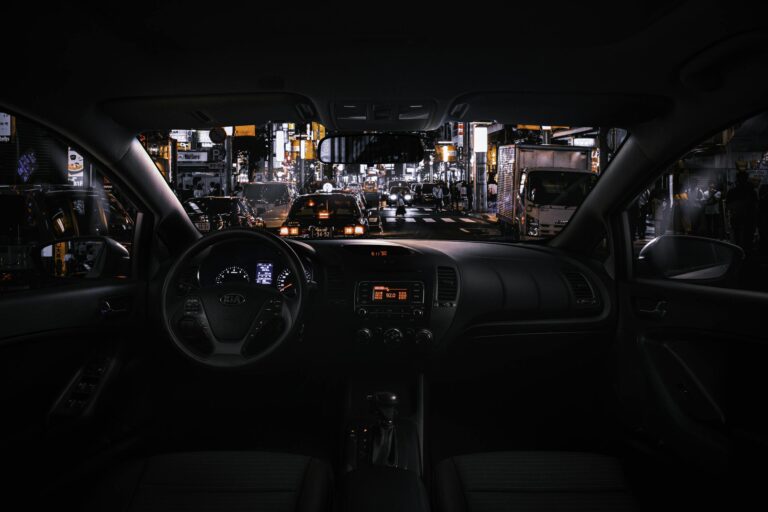Can I Get a Hardship License for Work After My DUI in Chicago?
If your license has been suspended because of a DUI arrest or conviction in Illinois, you may be asking whether you can still drive to work. For many people, getting to work without a vehicle is not realistic. In some cases, the state allows limited driving privileges through what most people call a hardship license. In Illinois, this permit is issued through the Secretary of State and is called either a Monitoring Device Driving Permit or a Restricted Driving Permit, depending on your situation.
What Is a Hardship License in Illinois?
Illinois does not use the phrase “hardship license” in its legal system. Instead, the state issues two types of permits that allow limited driving:
- Monitoring Device Driving Permit (MDDP): Typically for first-time DUI offenders during their statutory summary suspension.
- Restricted Driving Permit (RDP): For people with prior DUI offenses or those not eligible for an MDDP.
Both types allow driving during a suspension period but only for approved purposes. These permits are not granted automatically. You must meet eligibility requirements and follow the application process through the Illinois Secretary of State’s office.
Are You Eligible for a Work Permit After a DUI?
Eligibility depends on the details of your case, including whether this is your first DUI and whether you refused or failed chemical testing.
First DUI Offense
If this is your first DUI, and your license was suspended due to a failed or refused breath or blood test, you may qualify for an MDDP. Basic requirements include:
- You are at least 18 years old
- You had a valid license at the time of arrest
- No crash involving death or serious injury occurred
- You were not driving a commercial vehicle at the time
If approved, you will be required to install a Breath Alcohol Ignition Interlock Device in your car. This device prevents the engine from starting if it detects alcohol on your breath.
Second or Later Offenses
If you have a previous DUI conviction or are otherwise ineligible for an MDDP, you may apply for a Restricted Driving Permit. This process is more involved and usually requires:
- A formal hearing with the Secretary of State
- Proof of treatment or completion of a recommended alcohol program
- Documentation showing your need to drive for work or medical reasons
You will also need to demonstrate that allowing you to drive will not pose a risk to public safety.
What Can You Do with a Driving Permit?
Both MDDP and RDP permits limit when and where you can drive. Approved uses typically include:
- Driving to and from work
- Driving as part of your job, if required
- Traveling to alcohol treatment or DUI-related court programs
- Transporting children to school or daycare, in some cases
You must follow the terms exactly. Any driving outside the approved times or routes may result in further penalties and possible criminal charges.
What If You Drive Without a Permit?
Driving with a suspended license after a DUI arrest is not a minor issue. If you are caught driving without a permit, you could be charged with a Class A misdemeanor. In some cases, this can be upgraded to a felony, especially if you have prior offenses or are already under a court-imposed restriction. In addition to new charges, your eligibility for a future permit or full license reinstatement may be affected.
How Long Does It Take to Get a Permit?
For first-time offendersapplying for an MDDP, processing usually takes several weeks after the suspension begins. You must submit the required paperwork and pay applicable fees. Once approved, you must have the interlock device installed and submit proof of installation before you can legally drive. If you are applying for an RDP, the process is more involved and often takes longer. Preparation is critical for your hearing, especially when submitting proof of hardship and evidence of rehabilitation.
Helping You Stay on the Road
In Chicago and Cook County, losing your license can make day-to-day life extremely difficult. If you need to work, care for family, or attend court-ordered programs, a driving permit may be your best option during a suspension. I have worked with clients across Cook, DuPage, Lake, counties to apply for and secure driving permits, even in complex cases.
A suspended license can put your job at risk, but it does not have to stop your progress. Illinois law provides a path forward for drivers who qualify, and with the right legal support, you can apply confidently and increase your chances of approval. Contact Andy Sotiropoulos and Associates to have a legal advocate on your defense.

